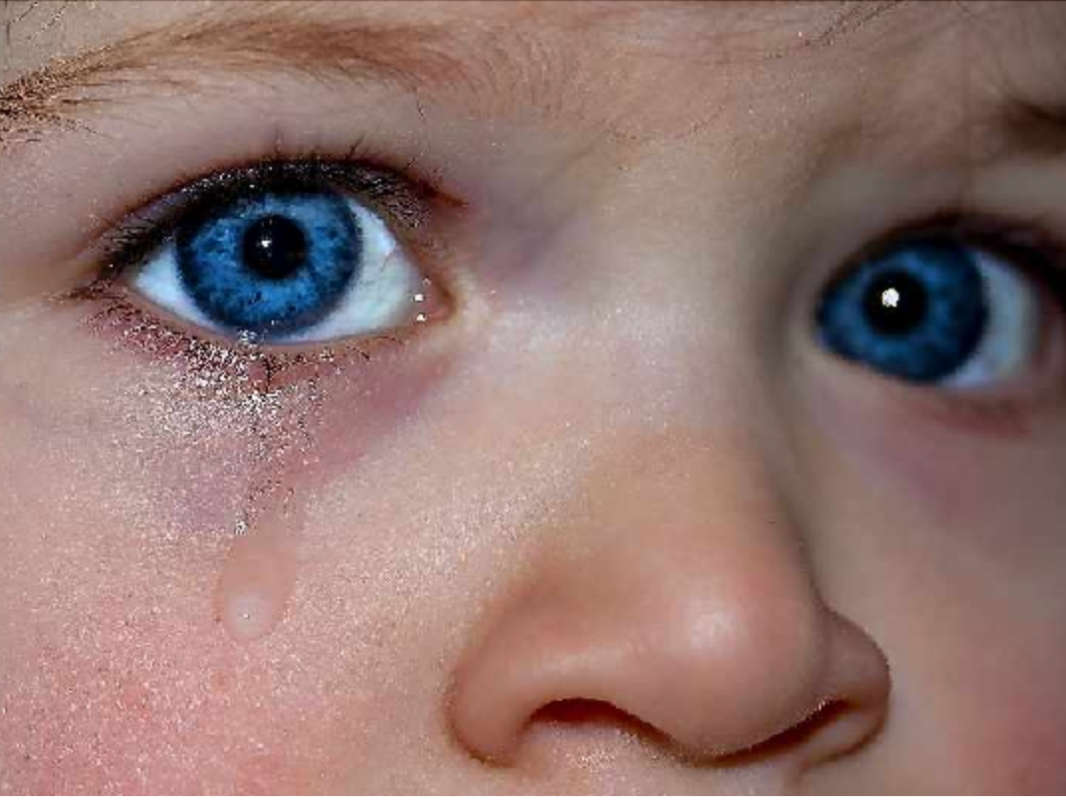
More money is going into mental health services for children and young people in Brighton and Hove but waiting lists are growing.
Independent councillor Nikkie Brennan asked how Sussex Partnership Foundation Trust was dealing with the long waiting times at a Brighton and Hove City Council meeting yesterday (Wednesday 26 January).
She highlighted the wait for assessments for “neurodiverse young people” and access to CAMHS (Child and Adolescent Mental Health Services) – a problem highlighted by parent group Mascot in the autumn.
The group, for families with children with autistic spectrum conditions, was concerned that the wait was two years long.
Extra investment had gone into assessments, she was told, and the trust was addressing the backlog, but Councillor Brennan was also told that the waiting list was getting longer.
Councillor Brennan raised the issue at a meeting of the council’s Health Overview and Scrutiny Committee at Hove Town Hall.
Labour councillor Clare Moonan, who chairs the committee, said that mental health support for children was the “Cinderella” service.
She spoke out after a presentation from the Sussex Health and Care Partnership on mental health services.
By the end of this financial year, the partnership planned to have spent £8.15 million on children and young people’s emotional wellbeing and mental health.
An extra £826,000 had gone on expanding capacity in CAMHS, focusing on access to neurodevelopmental and early help services.
A further £86,000 had gone into supporting eating disorder services and £368,000 had been spent on mental health support in schools.
Councillor Moonan said that the system needed more money for mental health to support the most vulnerable young people in society.
She said:
“However hard you try and however hard you work, I can’t see that you’re going to meet the needs of young people in the city.
“Not because you’re doing anything wrong as a trust. It’s because mental health services have long been underfunded.
“They’re the Cinderella service within the system. They are not prioritised.
“There are not any national performance standards. There’s still a huge amount of stigma in society around mental health issues.
“It goes right back to prevention. Building resilient young people starts antenatally.
“Unless you have those broader societal areas of support, we are not going to build up resilient young people who can weather the storms.
“Some will always become ill but there is so much that can be done in terms of prevention and early intervention.”
Sussex Clinical Commissioning Groups’ director of mental health commissioning Paula Gorvett said that increased awareness and openness about mental health issues had helped services argue for more resources.
She told the committee that the NHS often had a “short-term” approach to investment, with clinicians being asked to show the impact tomorrow rather than in the long term.
Ms Gorvett said:
“We are seeing a shift in mental health investment. There is an uplift in the amount of money we as clinical commissioning groups have to invest into mental health.
“It’s a minimum investment. We could invest more and I think we need to.
“The proportion we allocate to support children and young people has to be greater than that for adults.”
Conservative councillor Alistair McNair said that 6 per cent of young people wanted purely online contact with mental health services and 75 per cent wanted face-to-face contact.
He said that, as a teacher, he knew that teaching online could be difficult and not always ideal.
He was also concerned that fewer young people were having face-to-face interaction with mental health professionals – half, compared with 80 per cent in 2019.
Councillor McNair said:
“Is 50 per cent the new aim? Do young people decide the balance between face-to-face and online contact?”
An NHS official from Sussex Partnership NHS Foundation Trust said that when young people had a digital interaction, it was their choice.
Rachel Walker, Sussex Partnership’s operational director for CAMHS and learning disability, said:
“The vast majority of interactions with children and young people are blended – a mix of remote through virtual meetings or face to face.
“That is determined by the child and the family themselves. They can determine what they would prefer to have. The evidence base around the efficacy of online intervention is developing.”
She said that if young people wanted to see someone face to face, that would be honoured.
The trust’s clinical director for CAMHS, Alison Wallis, said that face-to-face meetings were essential when there was a clinical need or if a child was in an “unsafe home”.
Digital poverty was also an issue for some young people.
However, Dr Wallis said that monitoring medication and online support for cognitive behaviour therapy was efficient online because young people were not taken out of school for half a day for an appointment.
Labour councillor Gary Wilkinson was concerned that schools were reporting more pupils experiencing problems with their mental health and wellbeing and asked for information about the support available.
He said:
“We know from research that young people of black, Asian and ethnic minority heritage are suffering much worse damage to their mental health as a result of the pandemic than their white peers.
“For our young people, whether in the middle of puberty or approaching adulthood, this is hitting hard.
“Depression and anxiety generally go hand in hand with feelings of hopelessness and dread of what might lie ahead.”
The council’s executive director for families, children and learning, Deb Austin, said that the Brighton and Hove Inclusion Support Service was part of the schools’ wellbeing service.
She said:
“We have primary mental health workers embedded in all the secondary schools in the city and have a mental health worker linked with our primary clusters.
“The feedback we are getting is that is very much valued by the schools but also by the young people and children as well.”


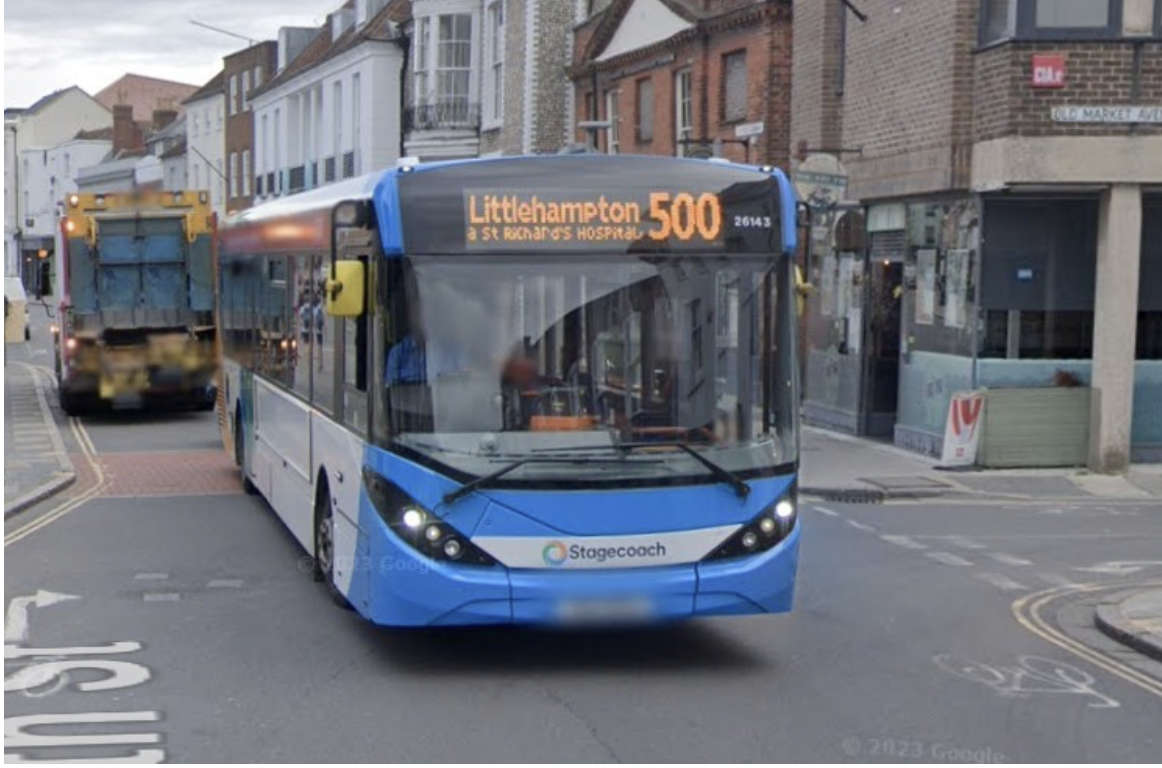 More 'Live' Bus Information Screens To Be Installed In West Sussex
More 'Live' Bus Information Screens To Be Installed In West Sussex
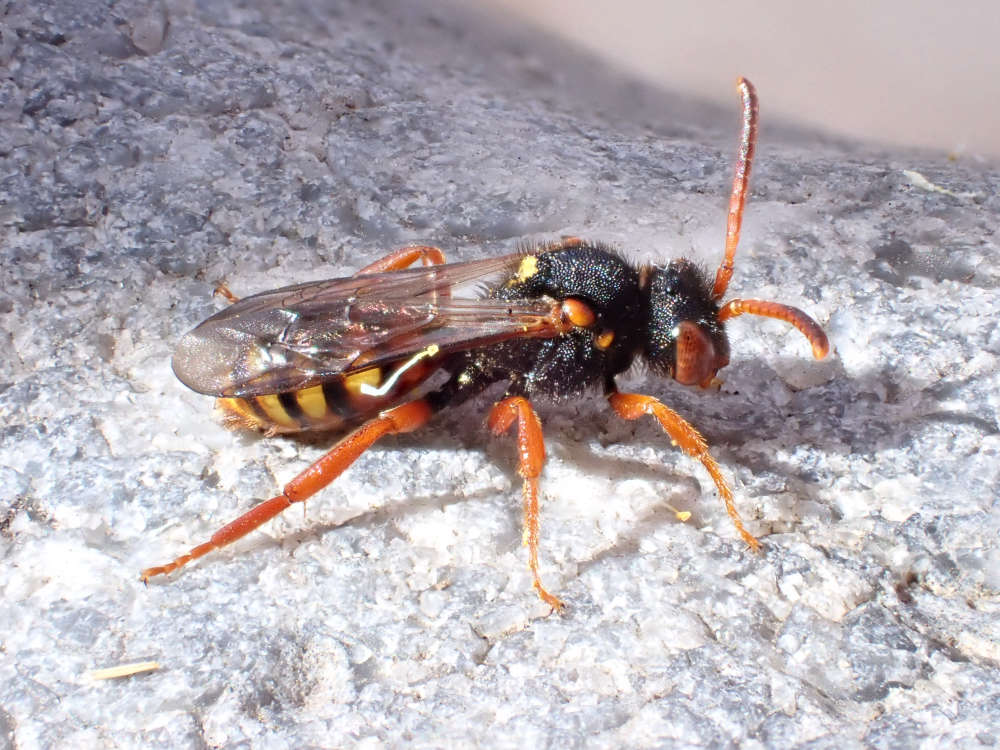 Rare Bee Found In Lewes
Rare Bee Found In Lewes
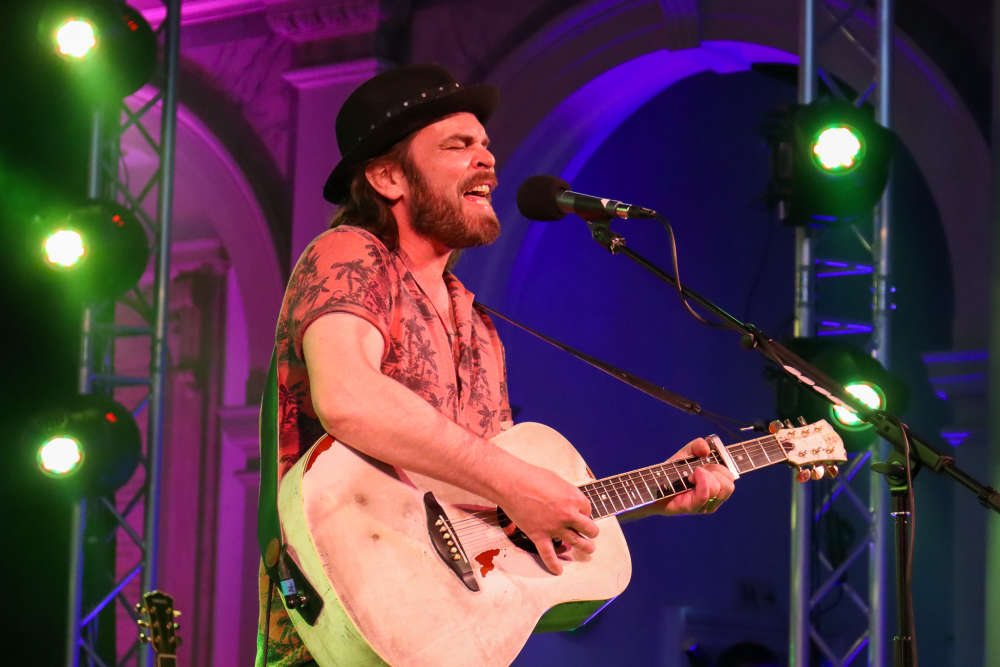 Event Bookings Go Live For Worthing Festival ‘24
Event Bookings Go Live For Worthing Festival ‘24
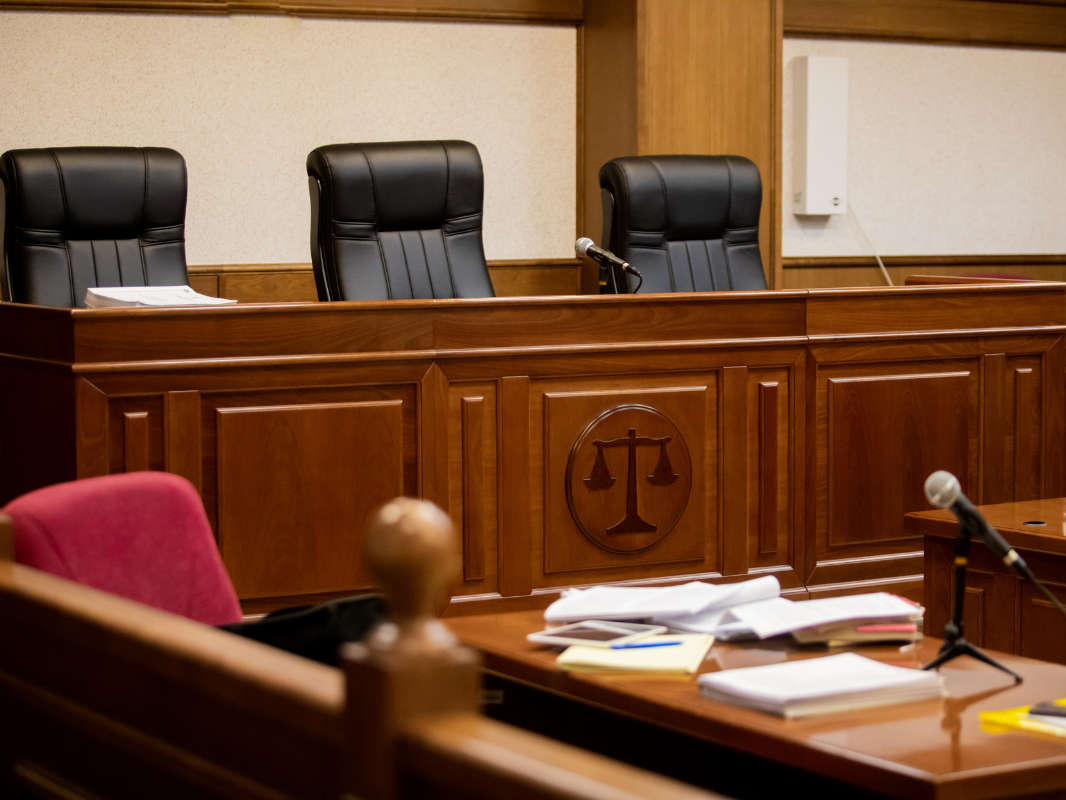 Man Charged After Throwing Brick Through Brighton Restaurant Window
Man Charged After Throwing Brick Through Brighton Restaurant Window
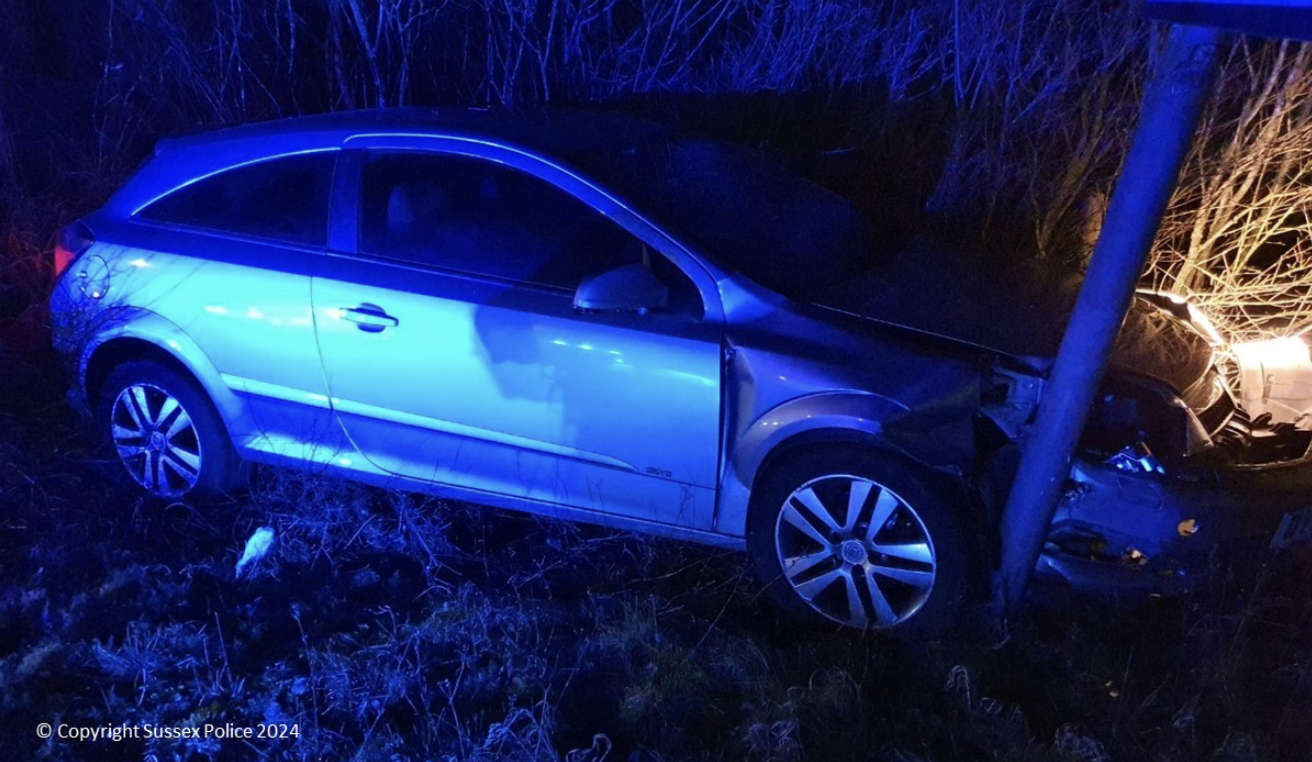 Peacehaven Man Disqualified Over High-Speed A27 Pursuit Near Brighton
Peacehaven Man Disqualified Over High-Speed A27 Pursuit Near Brighton
 Appeal After PCSO Assaulted In Uckfield
Appeal After PCSO Assaulted In Uckfield
 Man Charged With Rape Of Teenage Girl In Newhaven
Man Charged With Rape Of Teenage Girl In Newhaven
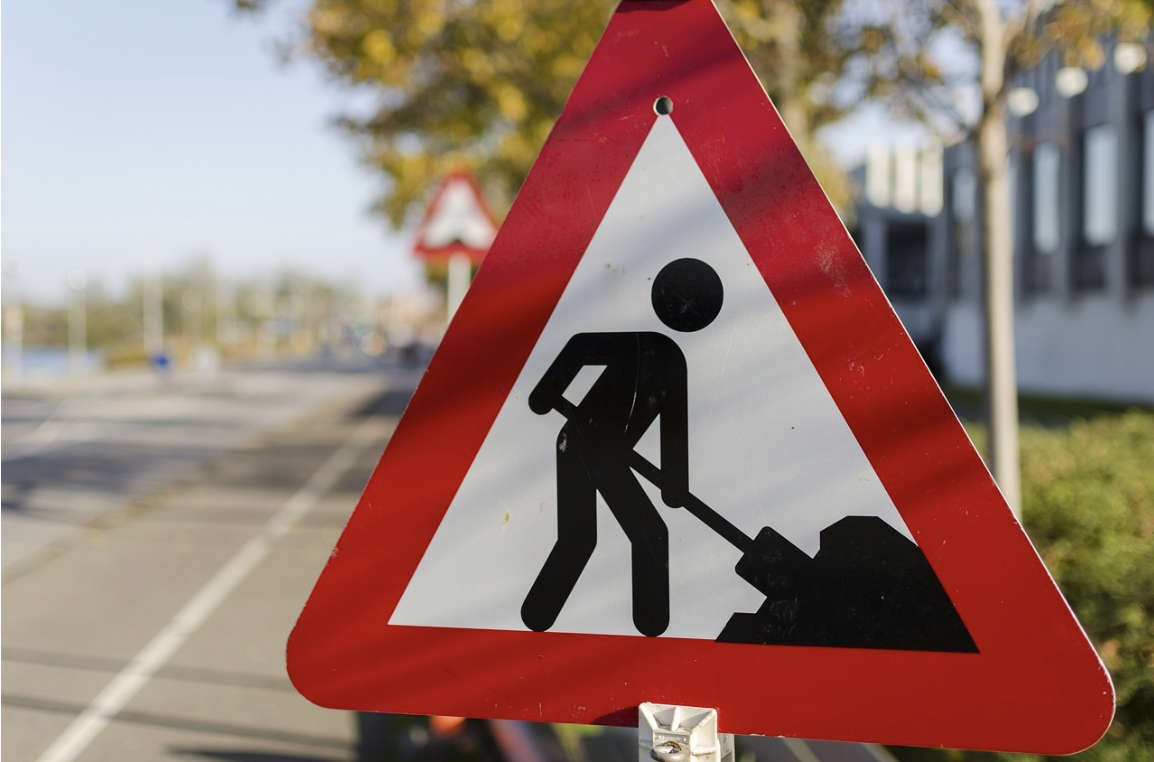 Overnight Closures For A22 Forest Row Road Improvements
Overnight Closures For A22 Forest Row Road Improvements
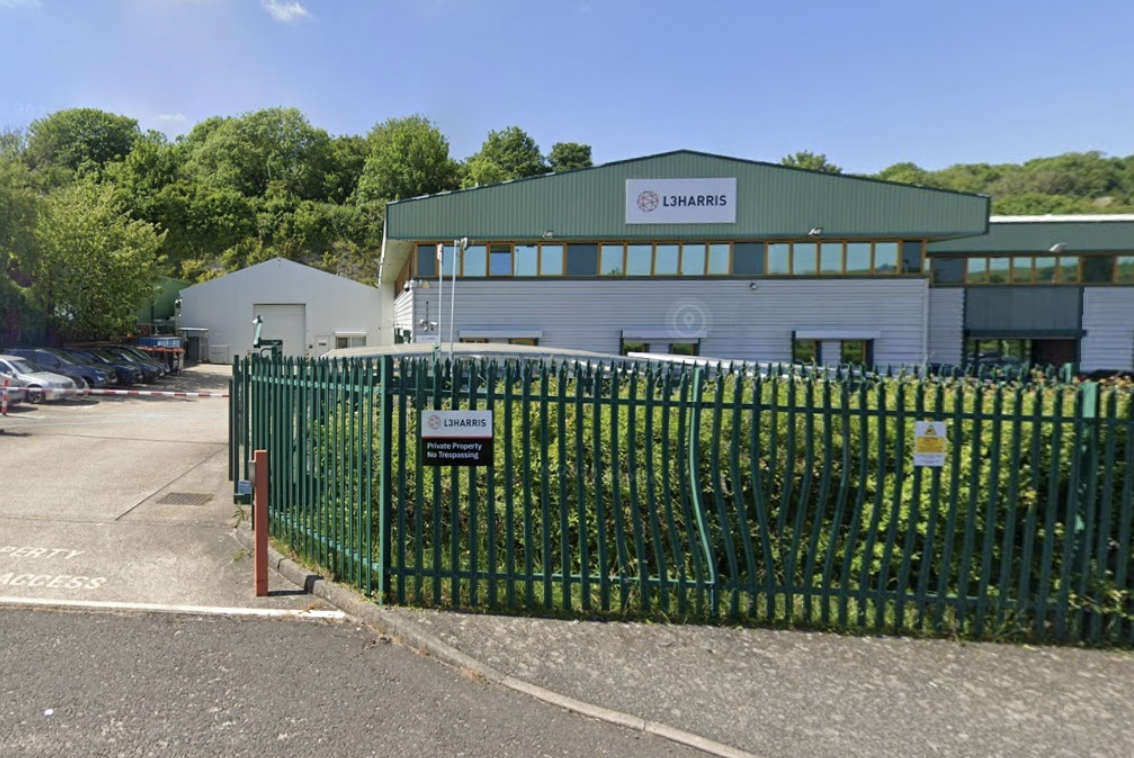 Brighton Defence Manufacturer's Controversial Planning Application Likely To Be Heard
Brighton Defence Manufacturer's Controversial Planning Application Likely To Be Heard
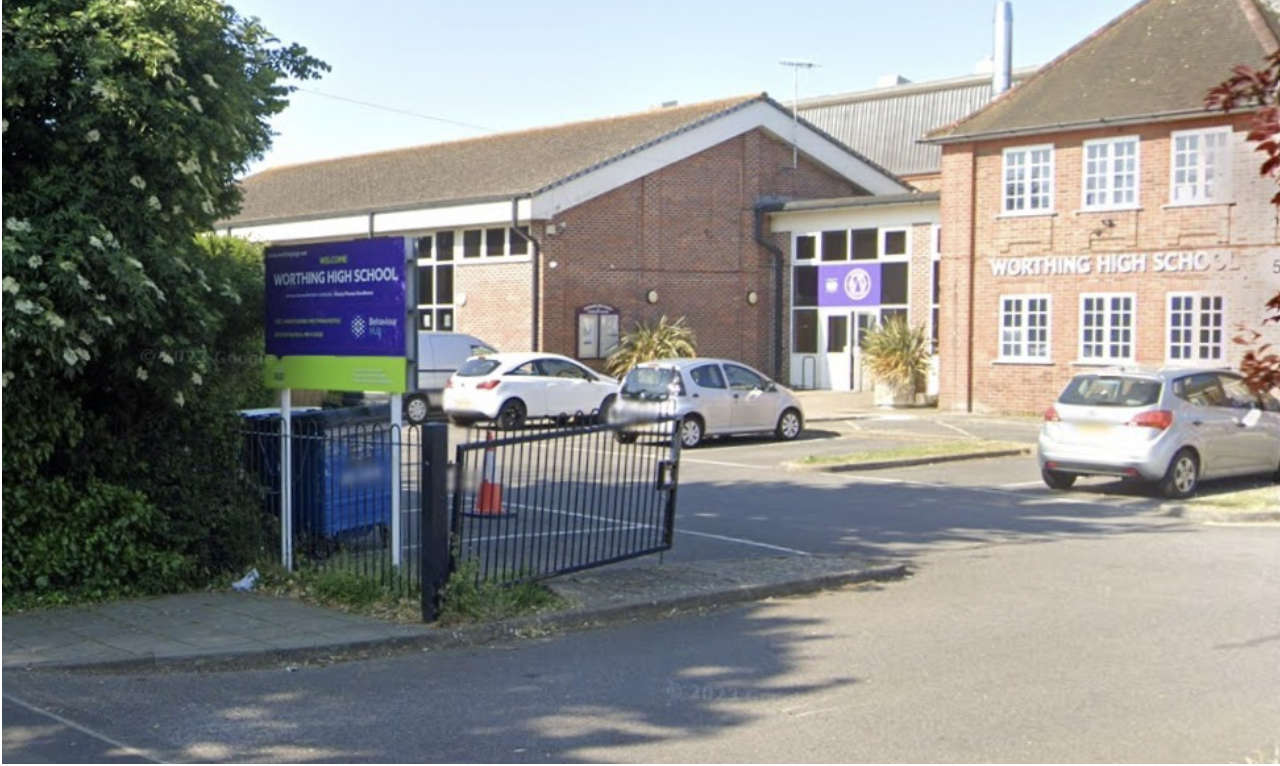 Over £2.4m Approved For Worthing School Support Centre
Over £2.4m Approved For Worthing School Support Centre